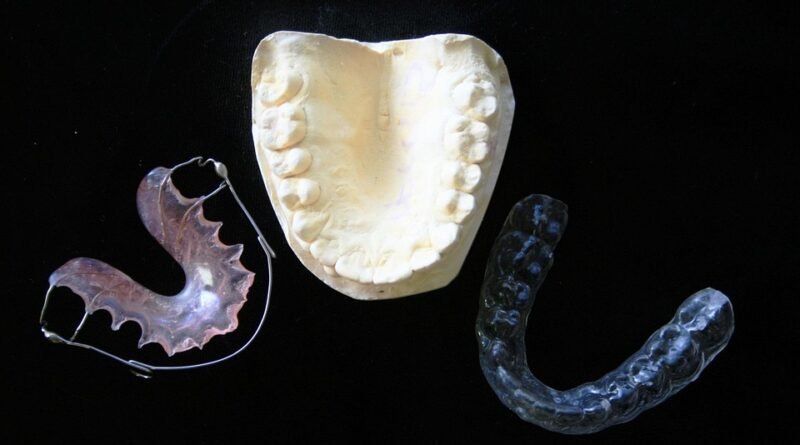Toothache Myths: Separating Fact from Fiction
Toothaches can be one of the most excruciating experiences one can endure, prompting many to seek immediate relief. Unfortunately, amidst the pain, misinformation often circulates about toothaches, their causes, and their remedies. This article aims to debunk common toothache myths and provide readers with accurate information that can assist them in managing their oral health better.
Myth 1: All Toothaches are Caused by Cavities
Fact: While dental cavities are a common cause of toothaches, they are not the only culprit. Toothaches can be caused by various issues, including gum disease, cracked teeth, sinus infections, or even temporomandibular joint (TMJ) disorders. Understanding the root cause of a toothache is crucial for effective treatment, which is why seeking a professional dental evaluation is essential.
Myth 2: You Should Wait to See a Dentist Unless the Pain is Severe
Fact: Many people believe they can ignore minor tooth pain and only seek dental help when the pain becomes unbearable. However, this approach can worsen the situation. Early intervention may prevent more severe problems, such as infections or the need for more complicated treatments like root canals. If you experience persistent discomfort, it is wise to consult a dentist sooner rather than later.
Myth 3: Whitening Products Can Help With Toothache Relief
Fact: Tooth whitening products, such as strips and gels, are designed to lighten the color of your teeth, not to alleviate pain. Using these products during a toothache can actually cause further irritation or discomfort, particularly if there’s an underlying issue like sensitivity or decay. Instead, focus on identifying the cause of the toothache and consult a dentist for appropriate treatment.
Myth 4: Over-the-Counter Pain Relievers are Always Safe for Toothaches
Fact: While over-the-counter pain relievers like ibuprofen or acetaminophen can provide temporary relief, they are not a substitute for treatment and may not be suitable for everyone. It’s essential to consult with a healthcare professional, especially if you have pre-existing conditions or are taking other medications. Additionally, using pain relievers for extended periods to mask tooth pain can be harmful and delay necessary dental care.
Myth 5: Home Remedies are as Effective as Professional Treatment
Fact: Many home remedies, such as clove oil or saltwater rinses, can offer temporary relief for minor discomfort, but they are not solutions for underlying dental issues. Remedies may alleviate symptoms but won’t address the actual problem causing the pain. Professional dental care is crucial to diagnose and treat the root cause effectively.
Myth 6: If You Can’t See Any Obvious Problems, You Don’t Have a Toothache
Fact: Toothaches can occur even without visible signs of decay or damage. For instance, pain may originate from issues beneath the gum line or involve nerve damage that isn’t immediately visible. Just because a tooth looks normal from the outside doesn’t mean it’s healthy. Regular dental check-ups are vital for identifying and addressing problems before they escalate.
Myth 7: Kids Don’t Get Toothaches
Fact: Toothaches can affect anyone, regardless of age. Children can experience tooth pain due to cavities, gum disease, or dental trauma, just like adults. Good oral hygiene habits established early can help prevent toothaches in children, but they should still receive regular dental check-ups to ensure their teeth and gums remain healthy.
Conclusion
Understanding the realities surrounding toothaches can significantly impact how we manage dental pain and care for our oral health. By debunking these myths, we encourage individuals to adopt a proactive approach to their dental care, seek professional help when needed, and maintain good oral hygiene practices. Remember, your teeth are an essential part of your overall health, and taking care of them is worth the effort. Don’t let myths cloud your judgment; arm yourself with facts to ensure bright, healthy smiles for years to come.
